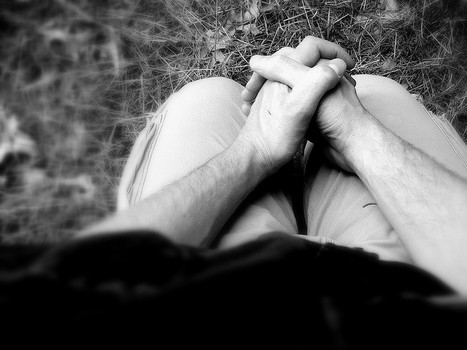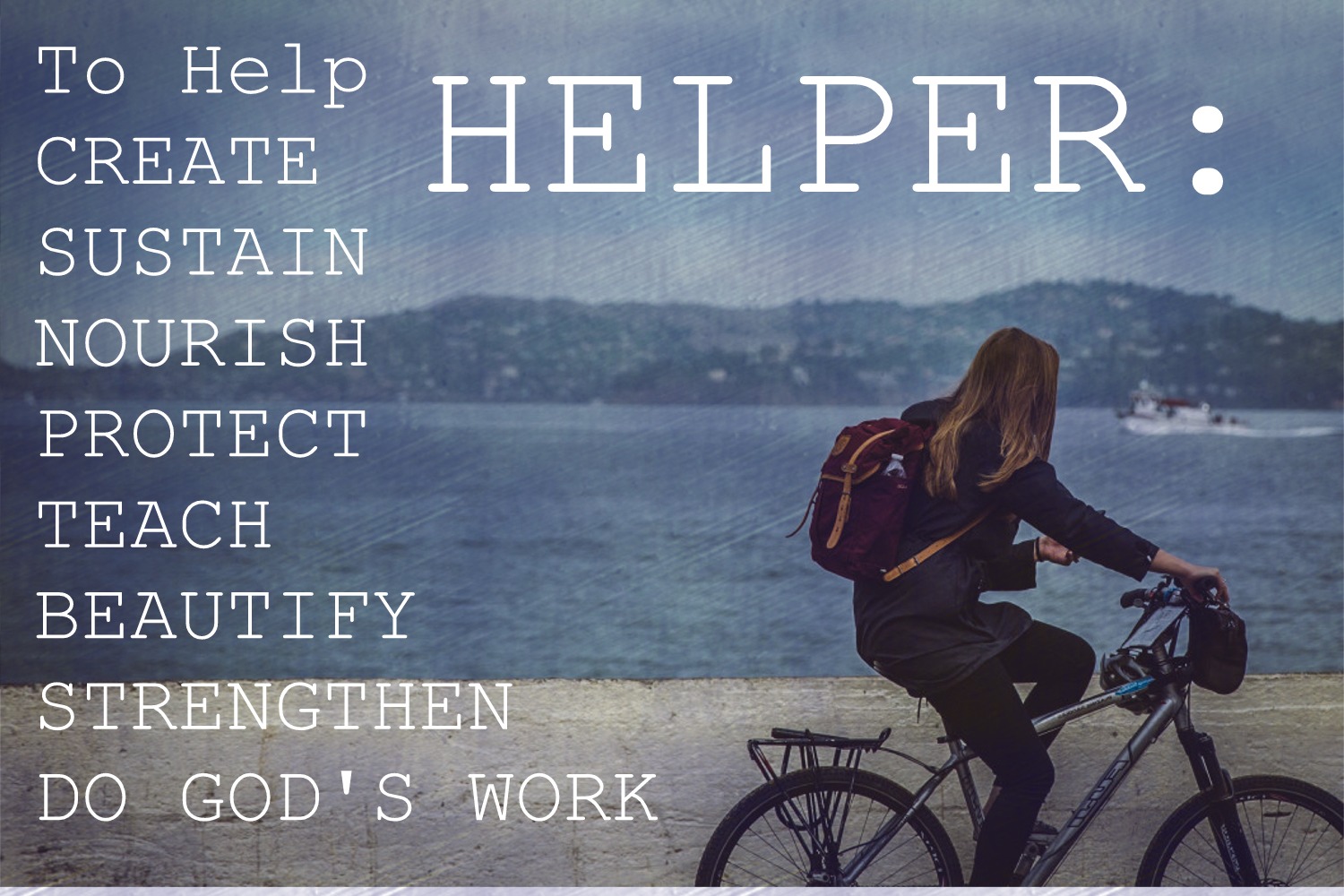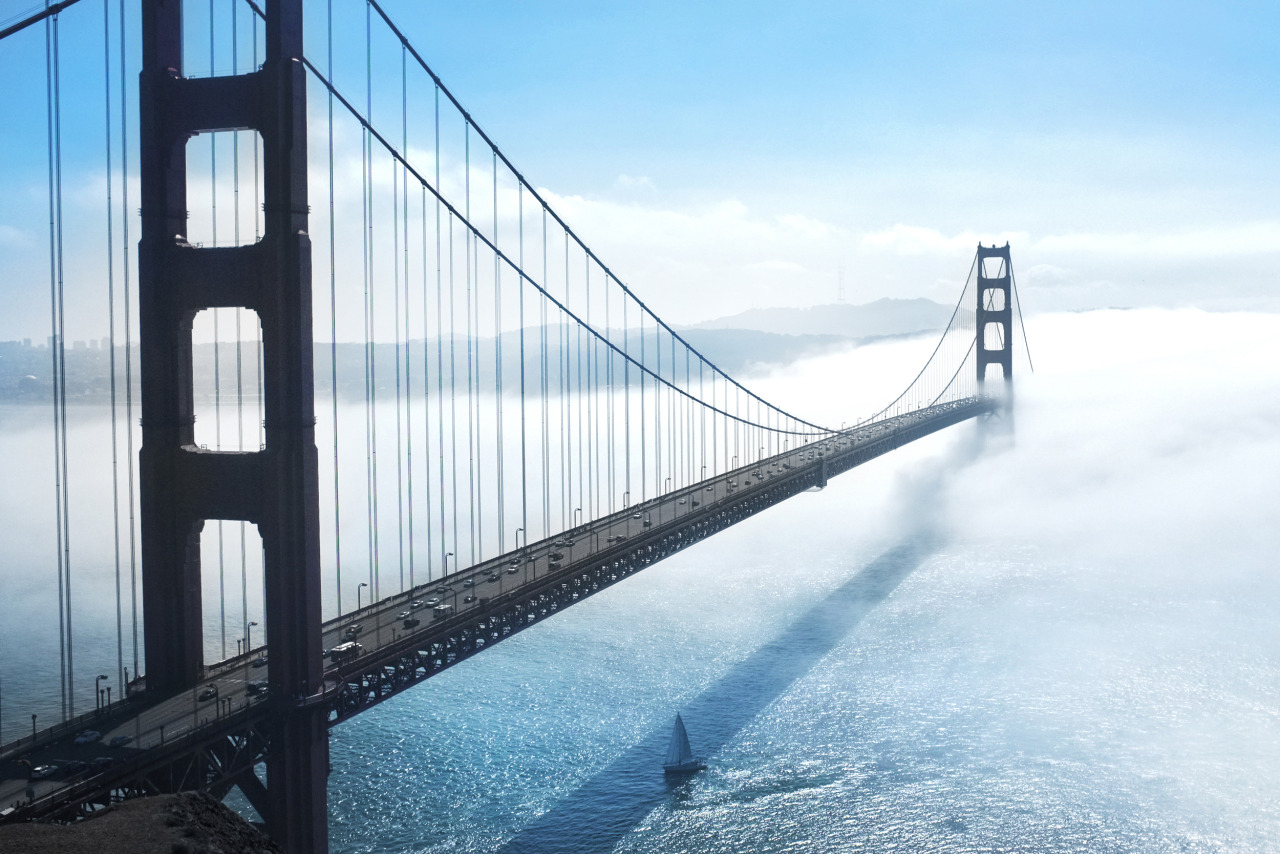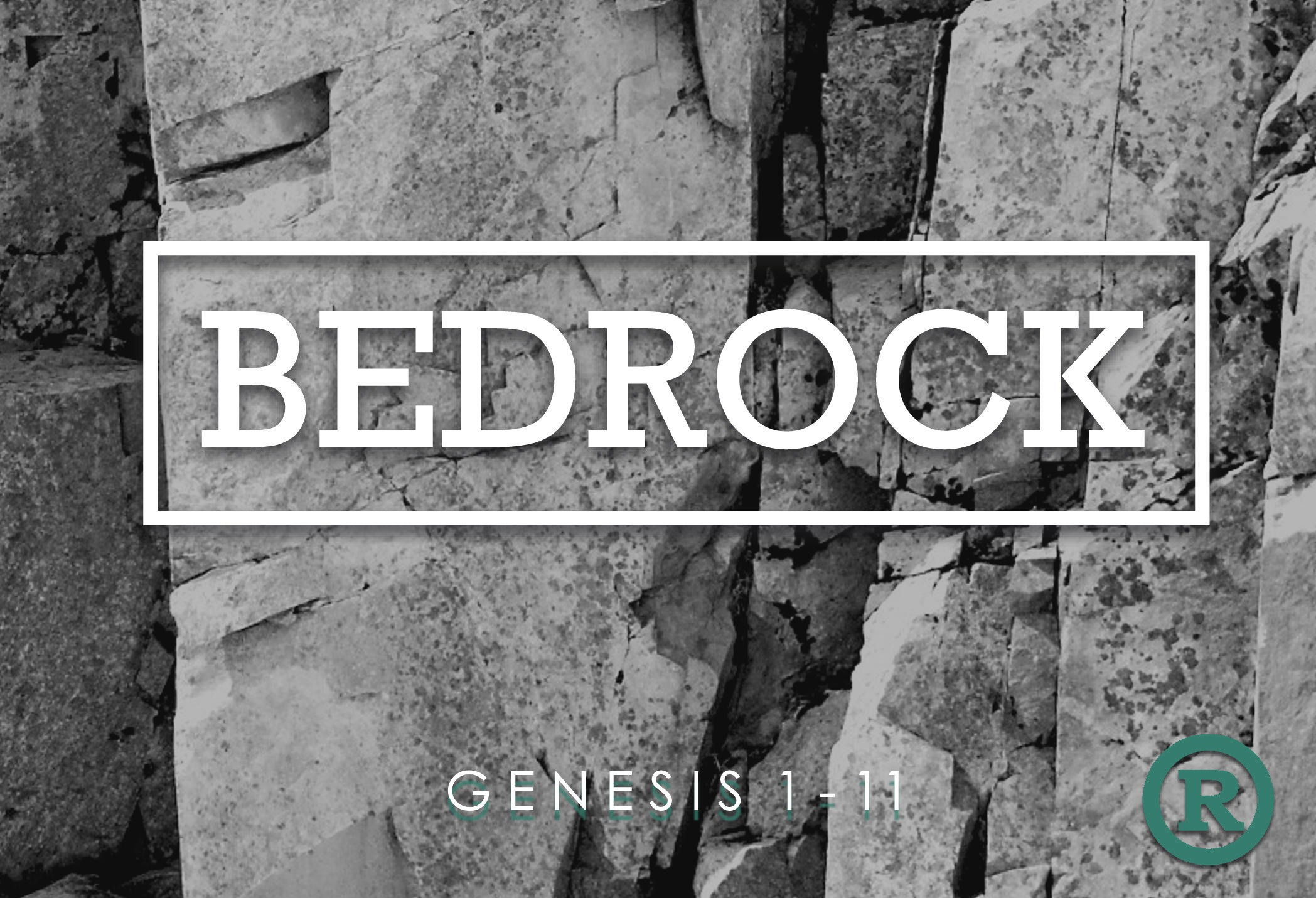As an English teacher I always used to say: “Second period always gets a good education.” Like a pre-season  practice game, first period often served as the place to test content, employ new strategies, and refine delivery. First period journeys with the teacher as they “perfect” an unfinished presentation . Second period enjoys the fruit of this labor. After 14 years, I have learned the same can be said about preaching–second service always gets a good education.
practice game, first period often served as the place to test content, employ new strategies, and refine delivery. First period journeys with the teacher as they “perfect” an unfinished presentation . Second period enjoys the fruit of this labor. After 14 years, I have learned the same can be said about preaching–second service always gets a good education.
Its follows that, more often than not, I post the 2nd service sermon. If I was more of a technology guru, I would like to take the first half of my sermon from first service and combine it with the second of second service. I feel this way because, between services, the Lord revealed a better way for me to connect these 12 verses. This didn’t require changing the sermon significantly, but minor adjustments relative to the bookends of wilderness found in the passage, helped to clarify what I wanted to say. To that end, here are few observations about this passage POST-sermon:
Jesus goes FOR US into wilderness
The first wilderness that we find Jesus in is with John the Baptist at the Jordan River. The place of wilderness plays an part in the story of God. In Scripture, wilderness represents a place of testing where God helps us to see the sins we’ve committed AND the sins committed against us. Wilderness is not where we come face to face with the LORD as much as the LORD brings us face to face with our GUILT and our SHAME. This is a difficult place to go. Engaging with our past guilt and shame is hard and easy to avoid or ignore. Going into this kind of wilderness requires inspired intentionality and an expectation of hope to experience wholeness. Unlike other purification experiences, baptism in the wilderness is not private or convenient; it would have required vulnerability, discomfort, courage, and humility. Wilderness is the last place where we naturally desire to be, but it is the place that we must choose to walk into in order to be free.
Jesus does not enter into the wilderness to participate in a baptism of repentance for himself. He has not guilt. He has not shame. He has no sin. According to Matthew’s account, Jesus tells John this is to “fulfill all righteousness.” Even though Jesus does not require righteousness, all sinful men/women do. Just as Jesus did not go the cross for himself, Jesus approaches the Jordan river on behalf of those he loves. When He says in the gospel of Matthew that he is fulfilling all righteousness, this means that he is doing everything necessary to produce a righteousness that will be given away—for He needs none for himself. At the heart of the gospel is the idea of SUBSTITUTION or, simply stated, JESUS IN MY PLACE in life and death. Jesus lives the life we could not live, and dies the death that we deserved. In order to do this, Jesus chooses to fully join men in their humanity. He completely identifies with our brokenness and immerses himself into our guilt and shame in a way that is incomprehensible; the creator becomes like the creation; the perfect one enters our imperfection. Jesus chooses to stand among the dirty, sick, and sore.
Jesus SAVE US from our wilderness
The actual baptism of Jesus has all kinds of implications for redemption. It is a moment in history that looks backward to Israel and forward to salvation. Like a King, Jesus emerges from the water anointed to rule his kingdom. The prophet Isaiah gives us further understanding as to exactly why Jesus is anointed and what he came to do. Namely, Isaiah 61-1-3 tells us that the Spirit of God has empowered him to: bring good news to the poor, to bind up the brokenhearted, to proclaim liberty to the captives, to open the prison doors for those bound, to comfort those who mourn, and to give them beauty where once there was ashes. Essentially, Jesus is going to deal with the sin that enslaves and destroys our lives–those we have committed and those committed against us. In His baptism, Jesus not only identifies with the sinner, he foreshadows the time that he will become sin and accomplish salvation. Our salvation will be marked, in many ways, like Jesus baptism–the Spirit of God will fall upon us and declares us as adopted children of God.
As adopted children, we too will hear the same words that Jesus hears from the Father: YOU ARE MY SON. IN YOU I AM WELL PLEASED. We must not underestimate the power of these words. Practically speaking, even before Jesus successful faces temptation of fulfills his mission—God is pleased with Him because of who He is. In the same way, the gospel declares that we are loved not for what we do or not do, but for putting our faith in the one who did it all. For those who are in Christ, let us never forget that baptism, something that is commemorated each week in taking communion, does not declare our perfection but God’s pleasure in us despite our imperfection WITH US. Jesus saves us from our wilderness wandering. Even if they have shaped our story, our shame and our guilt no longer define our story. In the wilderness, Jesus provides us a new identity that is unafraid to engage with our past because we have a Savior who already has.
Jesus goes WITH US into wilderness
But here is where 1st and 2nd service differed. Two very different wilderness experiences bookend Jesus baptism. Following Jesus baptism, the Bible says that the same Spirit that fell upon Him immediately led him into another wilderness. This is a somewhat shocking turn of events, considering the pinnacle of glory Jesus just experienced. Over my life I have learned that some of the greatest moments of temptation follow some of the greatest moments of exaltation. The pain of coming face to face with our sin in the wilderness is relieved by the joy that comes with salvation. But the reality of being loved by God like one of his children, does not preclude us from difficulty in life. All too often, suffering surprises us because we don’t expect to suffer. The truth is that the Lord leads us into wilderness, as believers, in order to refine and strengthen our faith. Post-salvation wilderness is a tool used by God. Wilderness is not the enemy, but there is an enemy in the wilderness who wants to devour us.
Jesus is led into a wilderness known as “the place of devastation.” For us, wilderness is that place or time where you are literally devastated physically, emotionally, or materially. For others, this kind of wilderness is that place where you just feel lost, uncertain, or confused about decisions or direction. For others, wilderness is that place where you feel empty, hungry, and dissatisfied with life. For everyone, wilderness is that hellish place where you are desperate for a savior to rescue you and the temptation is to find something or someone, other than Jesus, to save you from the hell you are in or imagine is coming. In attempt to get out of of this second wilderness, we will often be tempted to turn back to those places of guilt and shame we faced in the first. Jesus does not want us to find comfort in what we have known, but to find rest in Him. Jesus went into his second wilderness so that he’d be able to go into ours. He suffered through temptation so he might be able to help those who are tempted in their own wilderness. Jesus not only understands every devastation you might face, and every temptation you might experience to be free from it, he also promises to never leave you forsake you…even in wilderness. No temptation than can conquer us because you know the one who has conquered every temptation. Dare we say, God walks you into wilderness because he wants you to trust Him to walk you out of it.
Your wilderness is not a curse; it is not an accident; it is not the enemy; the gospel reveals it is a gift from the Lord to know him more, depend on him more, and serve Him more through the power of Jesus…for wilderness draws us closer to God than anything else





